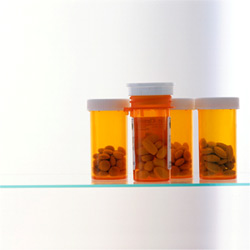How to Research Bipolar Disorder or another Mental Illness
When you or someone you love is diagnosed with a mental illness like bipolar disorder, likely, you don’t know much about the mental illness outside of what the media and popular culture has told you. Unfortunately, these are not the best sources of information about bipolar disorder, depression, schizophrenia or other mental illnesses.
Mental Health Research
What is critical is that you take it upon yourself to research the mental illness so you can get the facts and not believe the fictions propagated about mental illness. If you’re here at the Bipolar Burble, and reading this, you’ve made an excellent start but I encourage you to continue with these other trusted research options.
Read More










Recent Comments